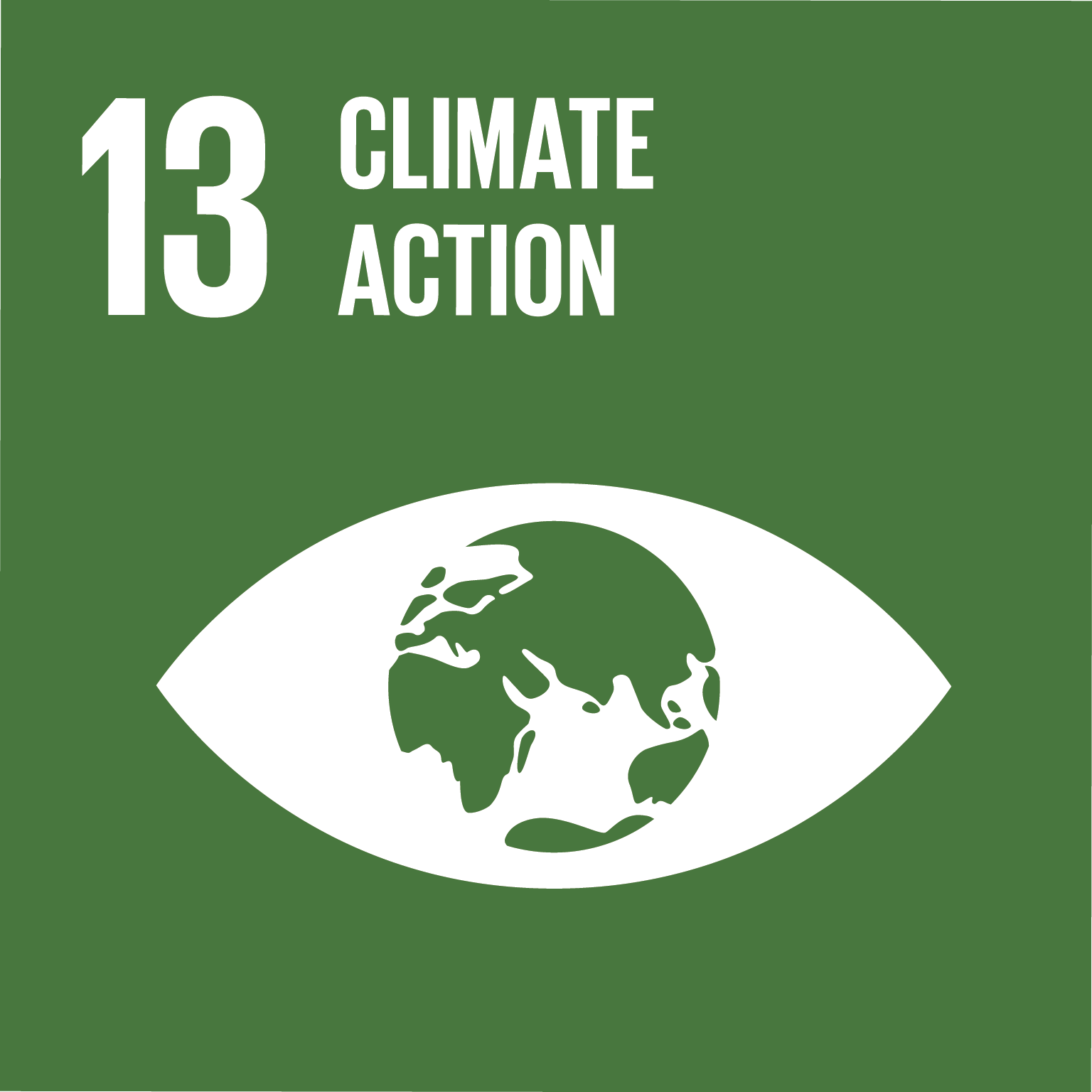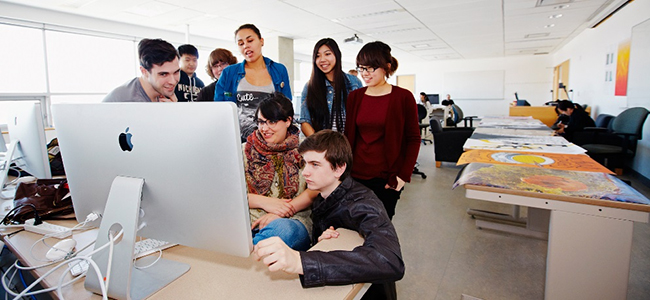 A panel of experts will consider the role of education and the implications of COVID-19 on our understanding of climate change during the Annual Dr. David V.J. Bell Lecture on Feb. 23. The lecture is presented by Learning for a Sustainable Future (LSF). The lecture was developed in memory of the late York Professor Emeritus David Bell and presented for the first time in 2018. Bell was Chair of the Board of Directors of LSF and an integral part of LSF for more than 22 years.
A panel of experts will consider the role of education and the implications of COVID-19 on our understanding of climate change during the Annual Dr. David V.J. Bell Lecture on Feb. 23. The lecture is presented by Learning for a Sustainable Future (LSF). The lecture was developed in memory of the late York Professor Emeritus David Bell and presented for the first time in 2018. Bell was Chair of the Board of Directors of LSF and an integral part of LSF for more than 22 years.
Due to the pandemic, the 2021 Dr. David V.J. Bell Lecture will be delivered online. This year’s event will take the form of a panel involving four community leaders, each with a unique perspective on the role of education in understanding climate change. Participating in this year’s event are Lakehead University Professor Ellen Field, Patricia Fuller, Canada’s Ambassador for Climate Change, Cedric Gray-Lehoux, co-Chair of the Assembly of First Nations National Youth Council, and Barbara Zvan, president and CEO of the University Pension Plan Ontario.
Each of the panelists will reflect on three central questions related to education and climate change that have been posed to them by LSF. The questions are: How is Canada responding to the gaps identified in the research for formal and public climate change education? What lessons can be taken from society’s response to COVID-19 to address climate change education? And, what examples have each of the panelists seen that offer hope around climate change and education?
Field, a leading researcher on the “Canada, Climate Change and Education Report” will present the findings in the report and reflect on the perspective of teachers and education faculty course directors. Fuller will address the three central questions from the perspective of the federal government. Gray-Lehoux will reflect on the questions from the perspective of Indigenous youth. Zvan, who is also a member of Canada’s Expert Panel on Sustainable Finance, will reflect on the questions below from the perspective of business.
To register visit for this event, visit https://lsf-lst.ca/en/projects/key-themes-in-sustainability-education/dvjbelllecture. The deadline to register is Friday, Feb. 19, at 5 p.m. EST.
About the Annual Dr. David V.J. Bell Lecture
Before his untimely death on Jan. 10, 2017, Professor Emeritus David Bell had a long and accomplished career in academia at York University. He was a professor of political science, dean of the Faculty of Graduate Studies, dean of the Faculty of Environmental Studies and a Fellow of McLaughlin College. His altruism was recognized with many awards over his lifetime. Most notably, Bell was the recipient of the 2014 Canadian Network for Environmental Education and Communication Award, the Green Toronto Award for Leadership in Sustainability, the 2016 Harry Jerome Award, the Clean50 Award and the Jackie Robinson Fortitude Award.
Bell also served as the Chair of Learning for a Sustainable Future (LSF) from 2006 until his death. In that role, he became known as an international thought leader on the power of research to inform education for sustainable development at the provincial, national and international levels.

David V.J. Bell
Following his death, the LSF board approved the establishment of the Annual Dr. David V.J. Bell Lecture to acknowledge his commitment to education for sustainable development and serve to link research to practice in educating for a sustainable future.
The Annual Dr. David V.J. Bell Lecture is intended to help bridge the gap between research and what is practised in educational institutions by identifying Canadian thought leaders and providing a forum for them to share their research and insights on education for sustainable development, specifically as it applies to education policy, teacher education and practice, and student empowerment to make change. Keynote papers and a video of each lecture will be posted and archived on the LSF website. Materials, including the videos and papers, will be circulated to thought leaders across the country.












 The conference is an effort to “reimagine approaches in higher education in an era of uncertainty.” It is a joint endeavour between York International (YI) and the York UNESCO Chair in Reorienting Education Towards Sustainability in collaboration with International Association of Universities (IAU), the Canadian Commission for UNESCO (CCUNESCO) and Okayama University, Japan and funded by the Academic Innovation Fund at York University.
The conference is an effort to “reimagine approaches in higher education in an era of uncertainty.” It is a joint endeavour between York International (YI) and the York UNESCO Chair in Reorienting Education Towards Sustainability in collaboration with International Association of Universities (IAU), the Canadian Commission for UNESCO (CCUNESCO) and Okayama University, Japan and funded by the Academic Innovation Fund at York University.








 The Bergeron Entrepreneurs in Science & Technology (BEST) program at the Lassonde School of Engineering is running a virtual three-day experiential learning event called UNHack, Nov. 20, 21 and 22.
The Bergeron Entrepreneurs in Science & Technology (BEST) program at the Lassonde School of Engineering is running a virtual three-day experiential learning event called UNHack, Nov. 20, 21 and 22.